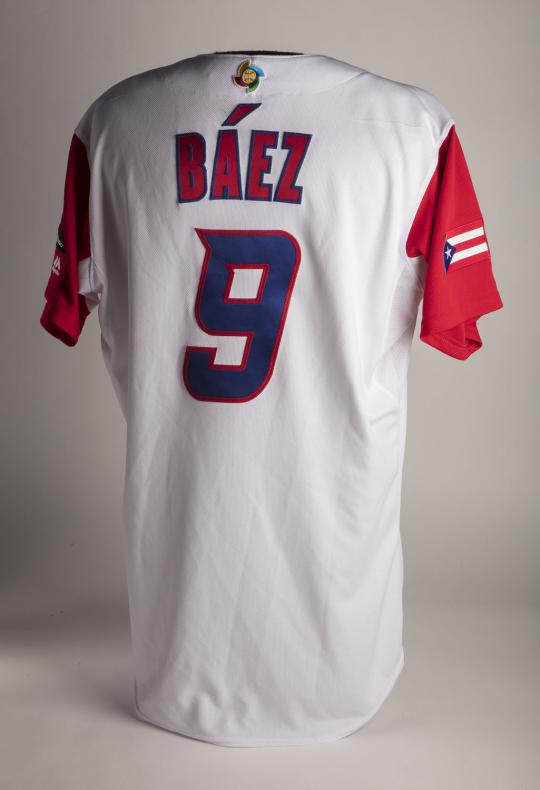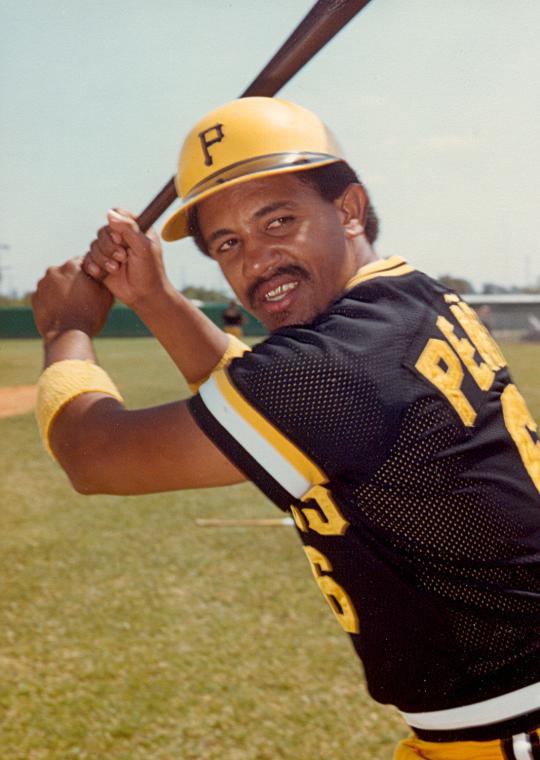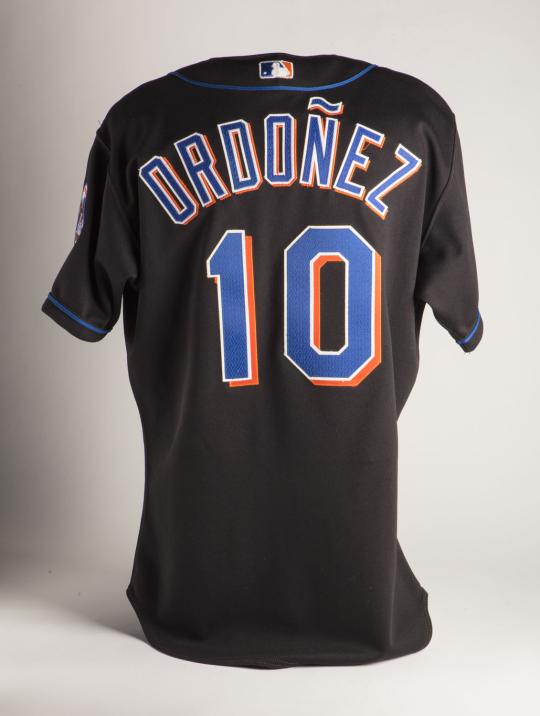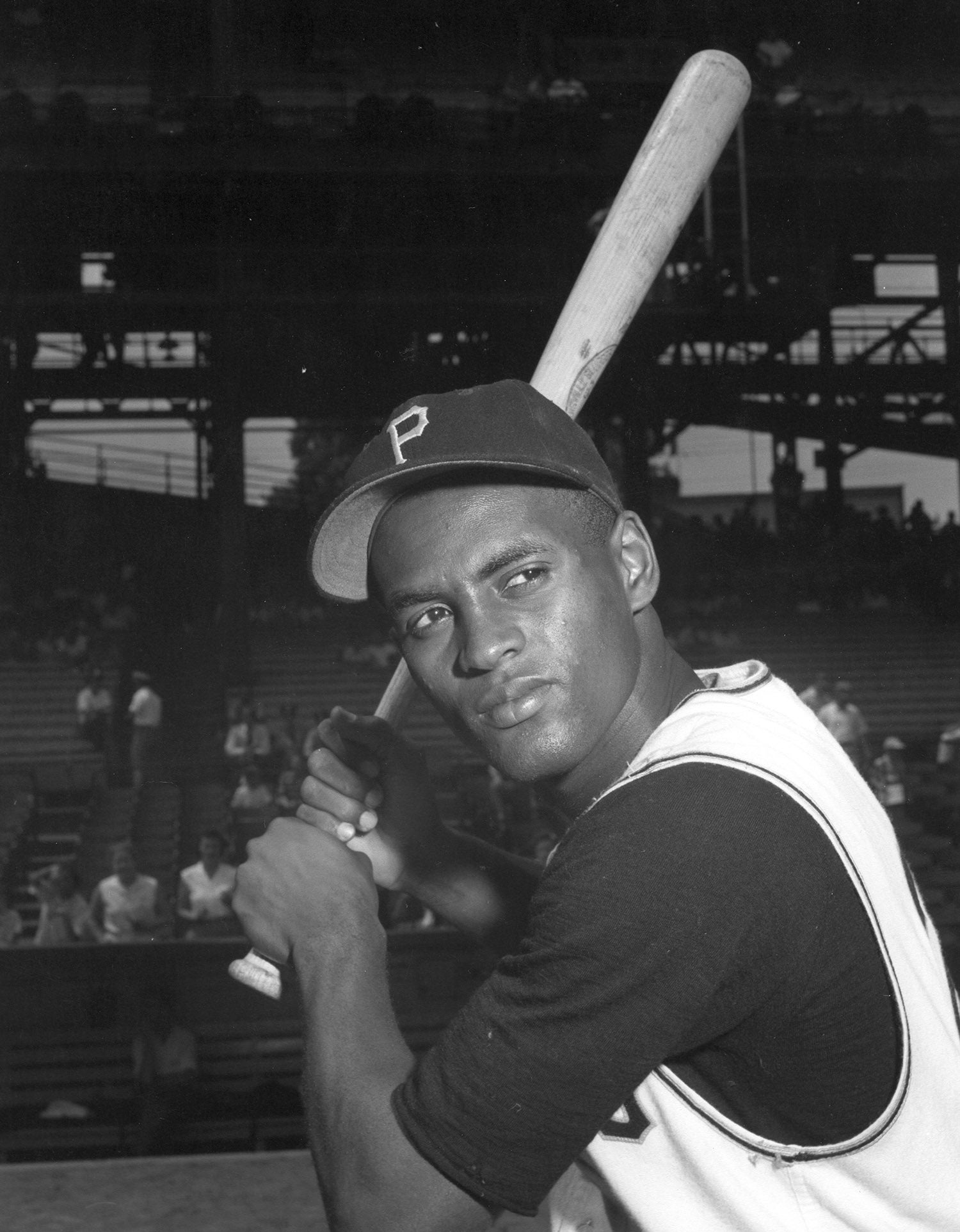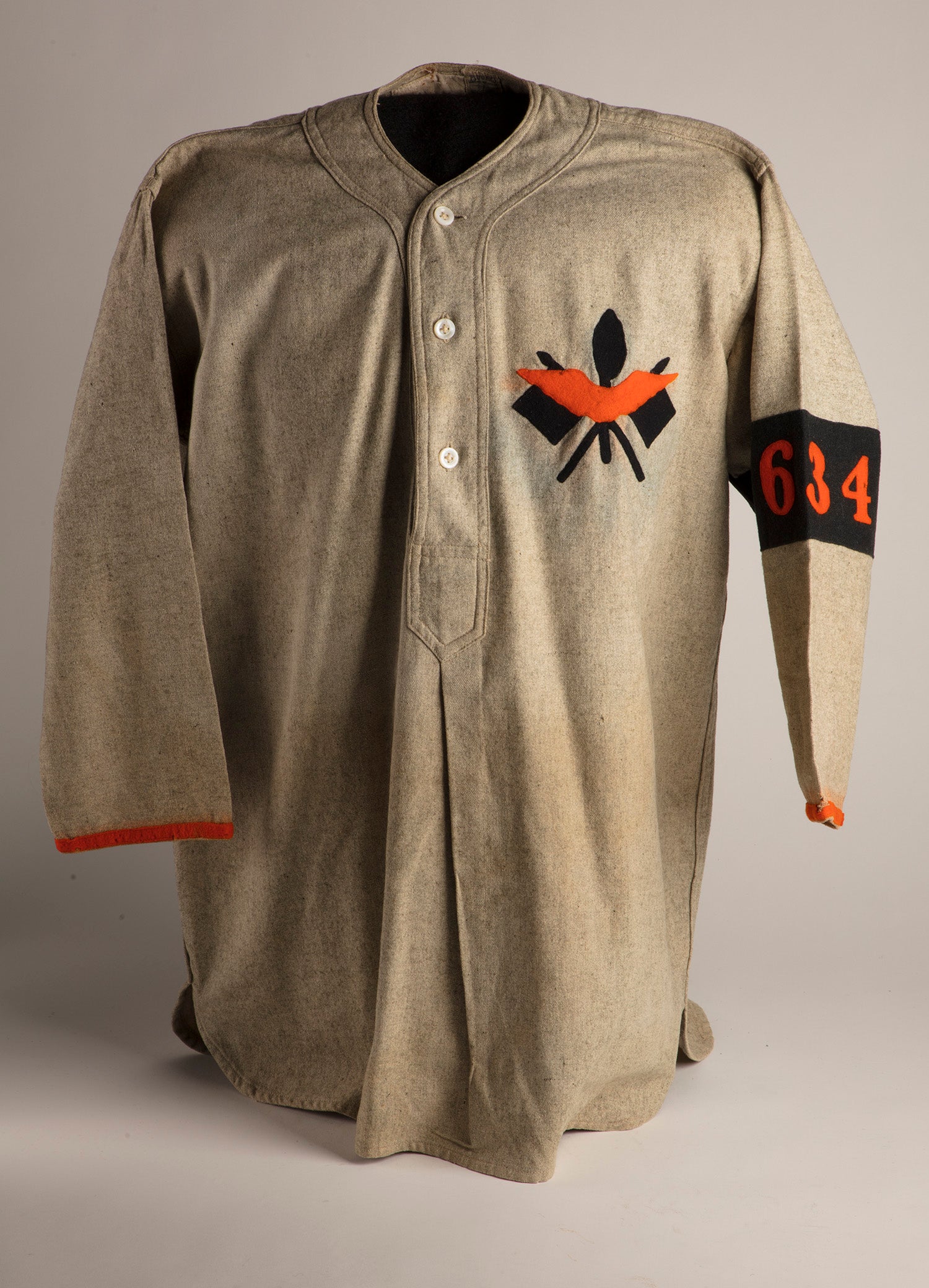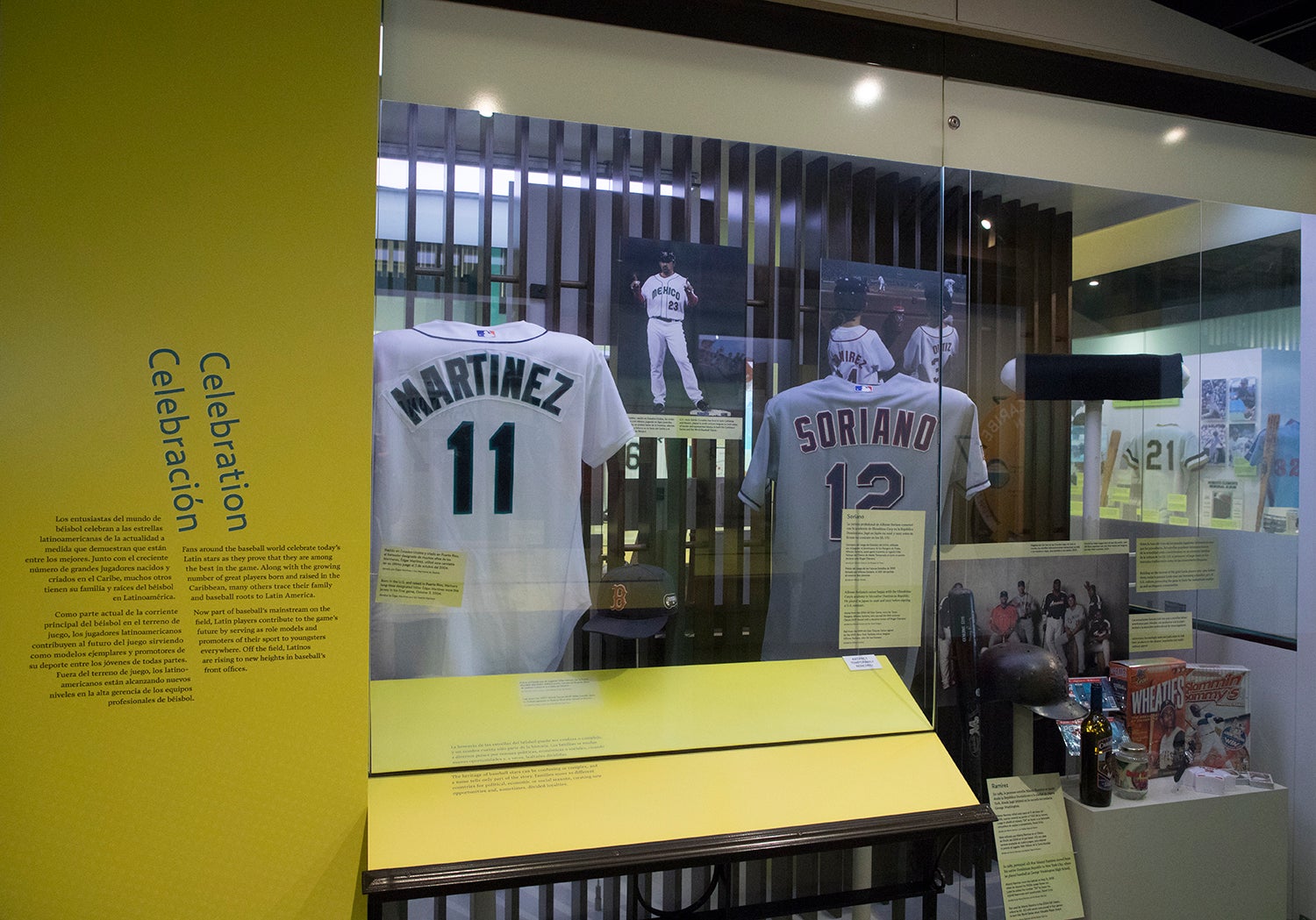- Home
- Our Stories
- Accents on jerseys show diversity of MLB rosters
Accents on jerseys show diversity of MLB rosters
They are just simple, innocuous marks, known generically as accents.
Their meaning, however, goes well beyond words. And during Hispanic Heritage Month, the meaning goes even deeper for hundreds of big leaguers.
In 2016, Major League Baseball formally allowed its clubs to gauge their players’ interest in including diacritical marks (e.g. tildes, acute accents, etc.) in their names on the back of their uniform tops. According to a memo that was obtained by ESPN.com, “With the goal of recognizing and celebrating the diverse culture of Major League Baseball, we respectfully request that all 30 clubs have a formalized process in place to ask every MLB player on their roster if he would like any diacritics … added to his name on his jersey.”
Paul Lukas, who writes the Uni Watch column for ESPN.com, called the move “part of a recent flurry of athletes embracing their ethnic heritage on their uniforms.” Similar actions were taking place among National Football League players.
Hall of Fame Membership
There is no simpler, and more essential, way to demonstrate your support than to sign on as a Museum Member.
Numerous major leaguers embraced the campaign known as Ponle Acento, which translates into English as “Put the accent on it.” Adrián González, then of the Dodgers, took to Instagram to share how his surname changed to “González,” while encouraging teammate Enrique Hernández to do the same. Hernández joined in, as well.
However, the move by MLB in 2016 only made formal and expanded something which had already been done on at least several occasions. Though not commonplace, diacritical marks had been placed on some players’ names going back to the 1980s.
Perhaps the earliest examples are outfielder César Cedeño and a pair of catchers, Tony Peña and Álex Treviño, whose names each feature the tilde over the “n.” Peña, a native of the Dominican Republic who played 18 years in the majors and has served nearly as long as a major league manager and coach, is known to have worn the tilde going back to his days with the Pittsburgh Pirates and St. Louis Cardinals in the 1980s.
There was little written about the choice to include the tilde in Peña’s name, but what was written showed that the technology of the time could not keep up with aspects such as these.
A columnist for the St. Louis Post-Dispatch, Sue Ann Wood, had to explain to readers in 1987 why Peña’s name was misspelled by the newspaper. His name was missing the tilde, Wood explained in her “The Reader’s Advocate” column, because “the computer that provides the type for the newspaper cannot produce this Spanish accent mark.”
“The computer can be given a complicated series of commands to produce an approximation of some other accent marks,” Wood continued. “But no way can be found to twist a hyphen or dash into a curly tilde.
“Executive Sports Editor Bob Pastin said that the sports pages would gladly spell Pena’s name correctly if only the computer would allow it.”
Álex Treviño played for multiple teams in a 13-year major league career. He is now a Spanish-language broadcaster for the Houston Astros, one of the six clubs with whom he played.
Like Peña, Treviño’s uniforms typically featured the tilde above the ‘n,’ and similarly, there was not much made of him doing so. Also like Peña, technology could not keep up with the way the Mexico-born Treviño preferred to spell his surname.
Howard Kleinberg, editor of The Miami News, wrote in his June 11, 1988, column that “[w]hen Houston Astros baseball player Alex Treviño appears in the box scores it is without the ñ because the wire service we use cannot transmit an ñ.”
Cedeño had a solid 17-year major league career, mostly as a center fielder with the Houston Astros. However, it was not until he joined the Cincinnati Reds just before the 1982 season that his name featured a tilde over the “n.” In one photo, it even appears as though the tilde had been mistakenly placed above the “o” in his surname.
Finishing his career with the Los Angeles Dodgers in 1986, Cedeño was teammates with Treviño and pitcher Alejandro Peña, who himself would have a steady 15-year major league tenure primarily as a reliever, mostly while wearing the tilde in his name.
The trio’s common trait led then-Mets broadcaster Tim McCarver to quip that the Dodgers “lead the league in tildes.”
Cuban Rey Ordóñez debuted with the Mets in 1996 sporting a tilde in his name on his uniform top. A 2001 Mets uniform of his, featuring the tilde, is in the Hall of Fame’s collection.
Matt Rothenberg is the manager of the Giamatti Research Center at the National Baseball Hall of Fame and Museum

